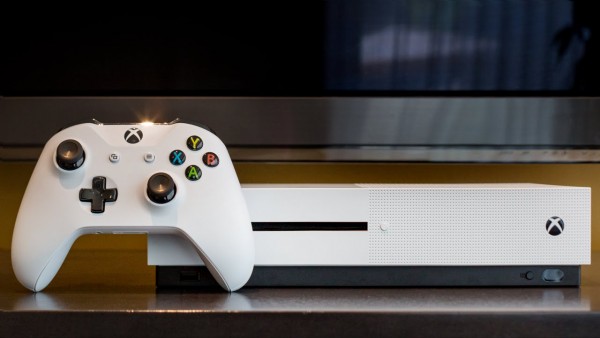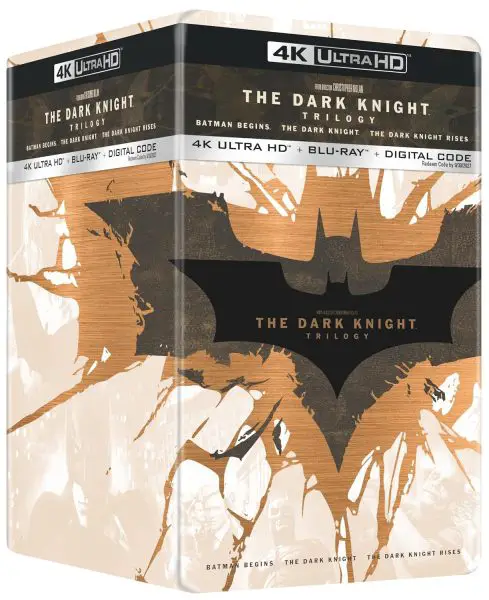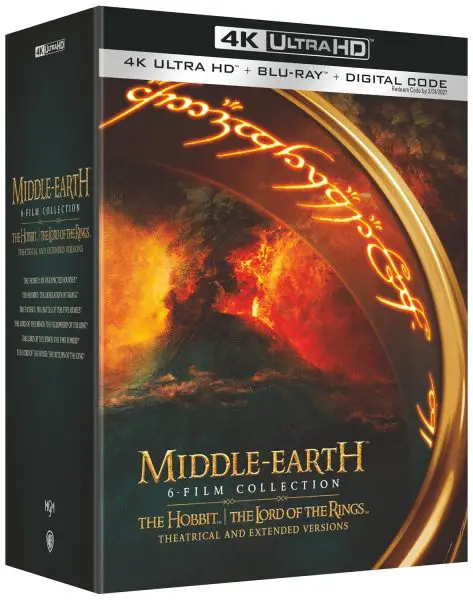
I liked the original Xbox more than the PlayStation 2. That’s a very unpopular opinion – the PlayStation 2 is the best selling console of all-time – but I felt that the Xbox offered a better vision of the future.
However, it was the Xbox 360 that fully realized that vision. It introduced game achievements, it made online gaming through consoles viable, and it gave independent developers a marketplace to call their own. It was the template for the modern console gaming experience and one of the best consoles ever made.
My point here is that I feel like Microsoft has been a positive force within the console industry from the very start. I don’t want to see them go away.
Having said that, I’m not sure how they stay in the game moving forward.
Microsoft has made very few right moves ever since they released the Xbox One in 2013. What should have been their home run follow-up to the Xbox 360 debuted as an overpriced tech device that was far too reliant on an unenjoyable gimmick – the motion-controlled Kinect – and weighed down by controversial policies which were pulled at the last minute. Hardcore Xbox fans bought the Xbox One, but they were always going to buy the Xbox One. What Microsoft lost was the attention of people who just wanted a no-fuss gaming console.
That hurt, but what’s really impacted Microsoft in recent years is the fact they haven’t found a way to attract the audience they lost following the Xbox One’s shaky debut. Microsoft seemed to feel that the Xbox One’s initial design was their Achilles heel. As such, they’ve introduced two redesigns of that console in the years that have followed its debut (Xbox 360 and the Xbox One X).
Also Read: The Xbox One X Is a Great 4K Device (And a Disappointing Gaming Console)
While the Xbox One did need a redesign, Microsoft seems to not understand that many of the people who own a PlayStation 4 aren’t going to buy a new console just because it’s better than the other console they didn’t buy. Convincing enough people to do that is going to take a host of gaming experiences that no other console can offer. This is not only where the Xbox brand falls short but where it’s difficult to imagine how Microsoft can win moving forward.
Microsoft has struggled more than any console manufacturer since Sega in terms of courting development studios and nurturing the development of new properties. What’s worse is that their major exclusive properties (Halo, Gears of War, Forza) are starting to suffer from diminishing market returns. It’s become pretty clear that those games aren’t going to bring people back to the Xbox.
The problem is that nobody seems to have an answer to the question: “What will?” Maybe that’s because there are is no answer to that question. There is no collection of all-time classic games, exciting new services, or bold new hardware that will help Xbox One outsell the PlayStation 4 or perhaps even match the worldwide hype of the Nintendo Switch. The best Microsoft can do right now is lay the foundation for next-generation success.
Of course, it would be easier to feel better about their future if they had made any substantial amount of progress these last four years.












